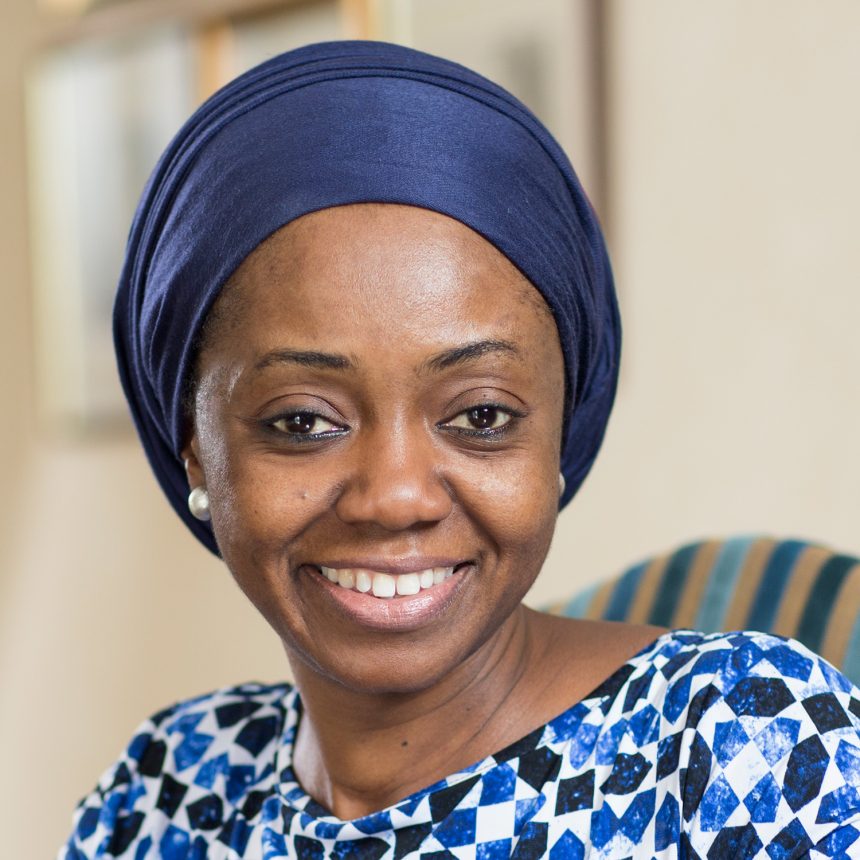Executive Director of the Open Society Foundation London , Aisha Osori has bemoaned the negative effects the architecture of political parties in Nigeria has on active involvement of women in politics.
The call comes on the back of the Merian Institute for Advanced Studies in Africa at the University of Ghana which held a conference on the topic ” Increasing Women’s Political Presence in West Africa”.
The colourful and well attended event drew participation from a section of women on the continent and across the globe including distinguished academics, policy makers and media .
The Conference was held over two days from May 16 to May 17 ,2023.
Speaking at the event, the Guest Speaker, Aisha Osori recounted her experiences as a candidate in Nigeria ,where she contested in internal elections and encountered a skewed electoral system where the leadership of political parties largely held by men had inherent control mechanisms which detaches the grassroots especially women and minority groups from actually having a key stake in decision making level at the highest terraces of the parties.
” Per my experiences running as a candidate for primaries in one of the key parties in Nigeria’s political landscape , i found out that the power base was largely controlled by men , who had put in place mechanisms which prevent grassroot members of the party mainly including women and other marginalized groups from having equal access to decide which individuals qualify to fill the leadership roles of such parties which in turn , is a complete disservice to the tenets of democracy”.
Furthermore, Aisha Osori called on state and non state actors to work assiduously to limit the unfortunate situation where candidates standing for elections in the country have to contend with corrupt activities and bending personal principles to settle the whims and caprices of the political elite and delegates who capture the entire process and prevent the governed class from electing competent and dedicated leaders .
She intimated that there must be deliberate efforts from the state and its actors to craft inclusive policies and programmes which eliminate barriers to the political involvement of especially women and the youth.
” As part of my work in the country, many candidates and persons who aspire for political office in Nigeria must kowtow to the skewed systems put in place by the so called political elites like offering inducements and gifts to delegates to make them gain votes ,instead of harping on the key policies and programmes they seek to implement once they are elected into office.
These policies will go a long way to limit the influence of the political elite and open up the path for women and youth who have been marginalized for too long to enter public service to serve the electorate”.
Ayisha Osori is a lawyer, consultant and communication strategist with 18 years experience in the public and private sectors. In the last four years she has consulted for the World Bank, United Nations Development Fund, United Nations Children’s Fund, the Department for International Development, the Royal Institute of International Affairs and the National Centre for Women’s Development on gender equality, women’s empowerment, research on women’s economic opportunities in the North East post –conflict and gender mainstreaming of development, peace and recovery plans in the North East.
She is a published writer with a series of children’s textbooks on social studies used in primary schools and a children’s reference book on Nigeria. She kept a weekly column for five years, first as the Pedestrian Lawyer in This day newspaper and most recently, as the Nigerian Citizen for the Leadership newspaper.
A regular commentator on radio and television, Ms. Osori has been involved in numerous campaigns to improve social justice for women and girls and governance in Nigeria and is an experienced advocate on gender and social justice issues.





